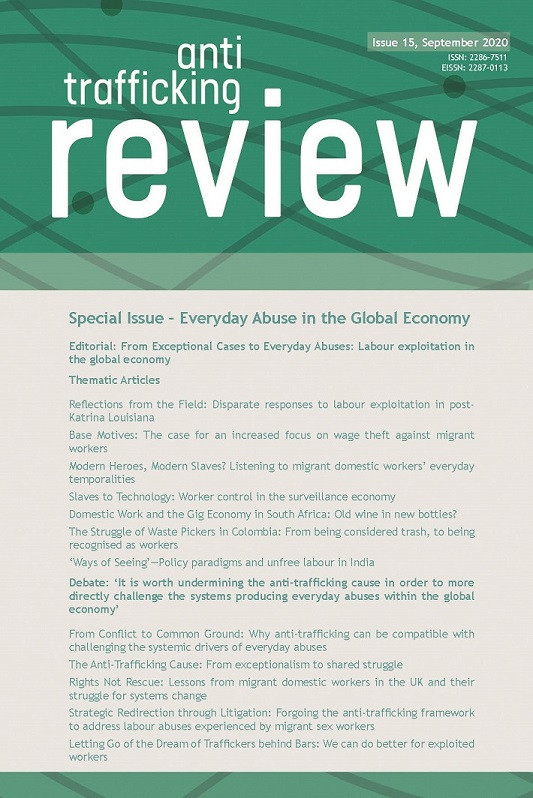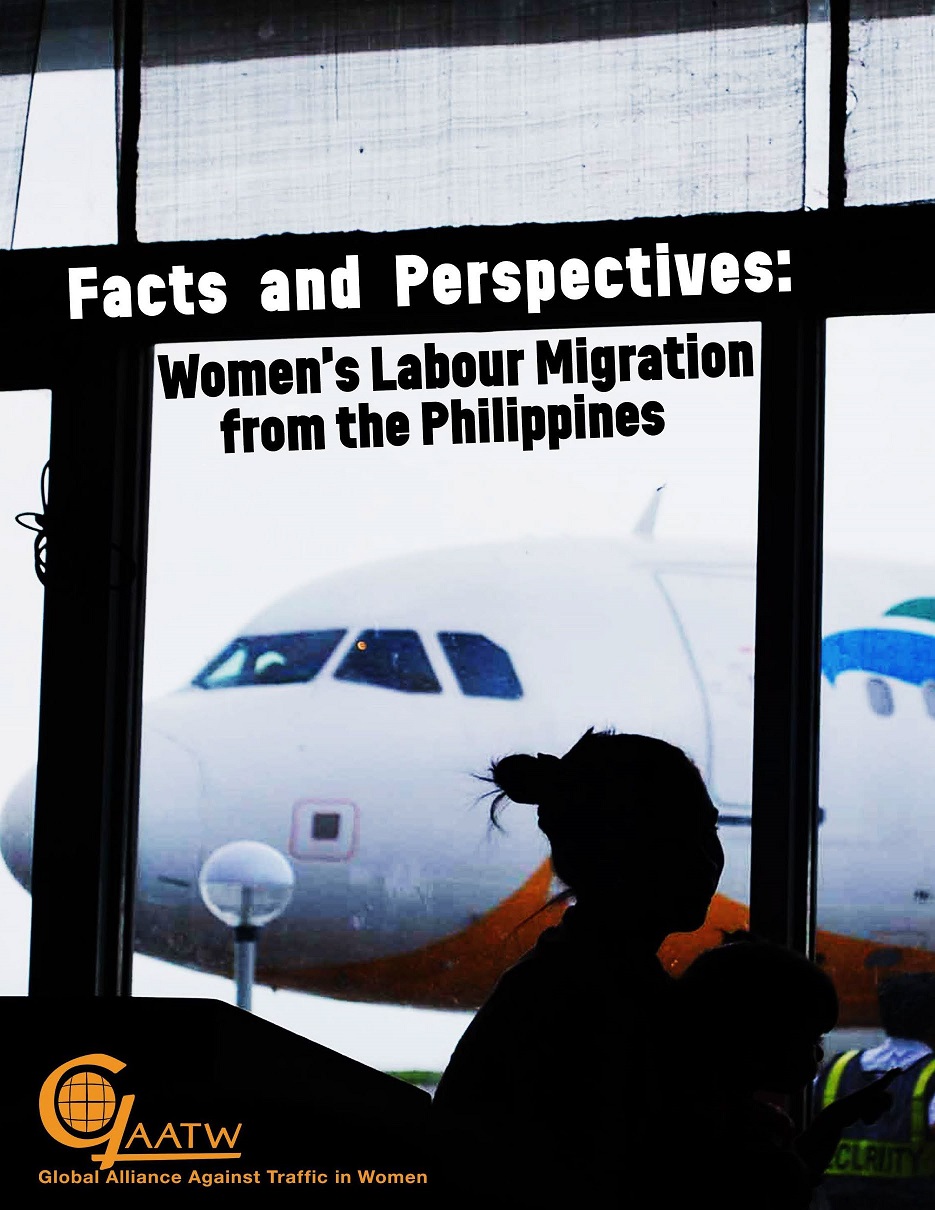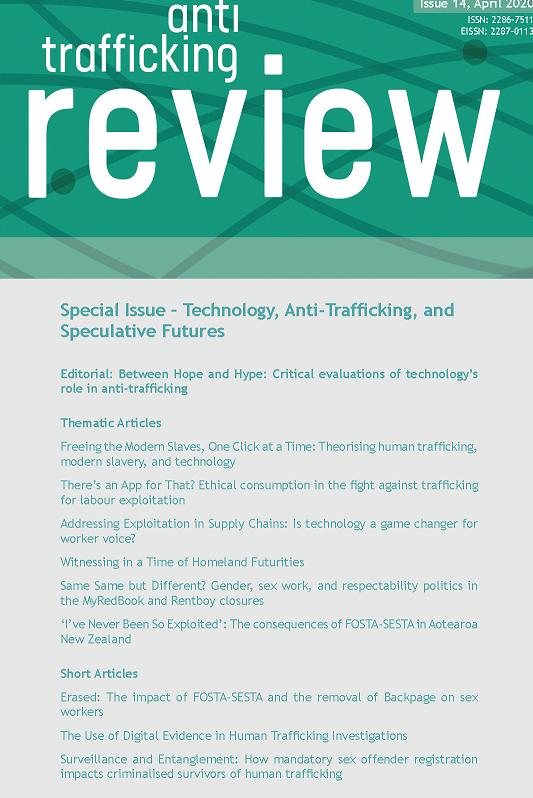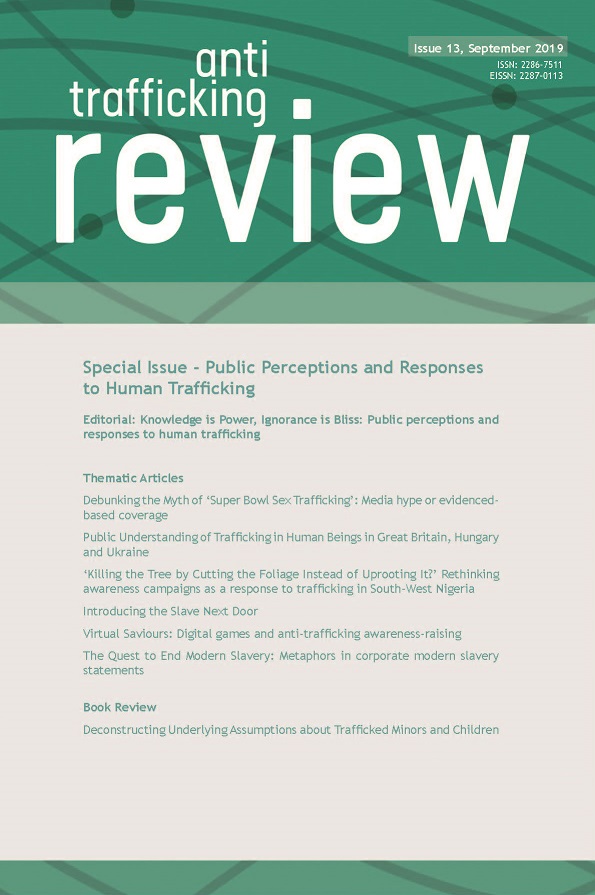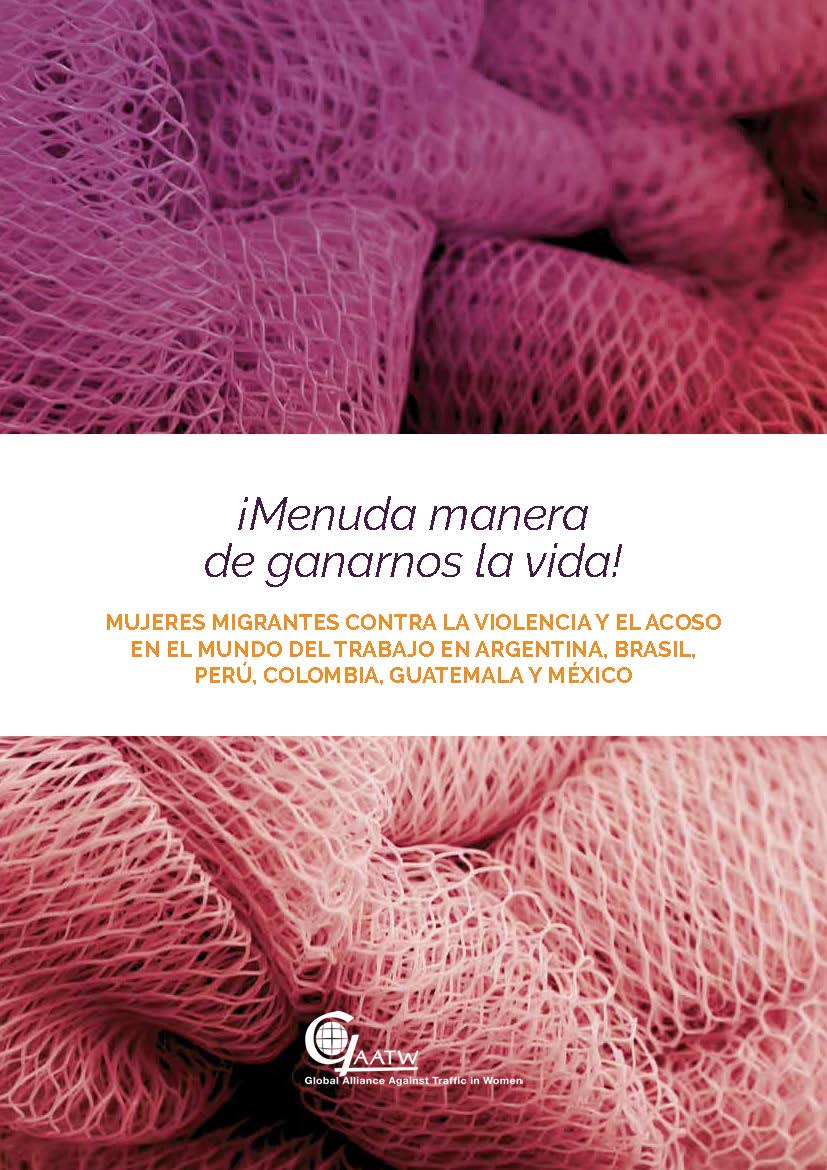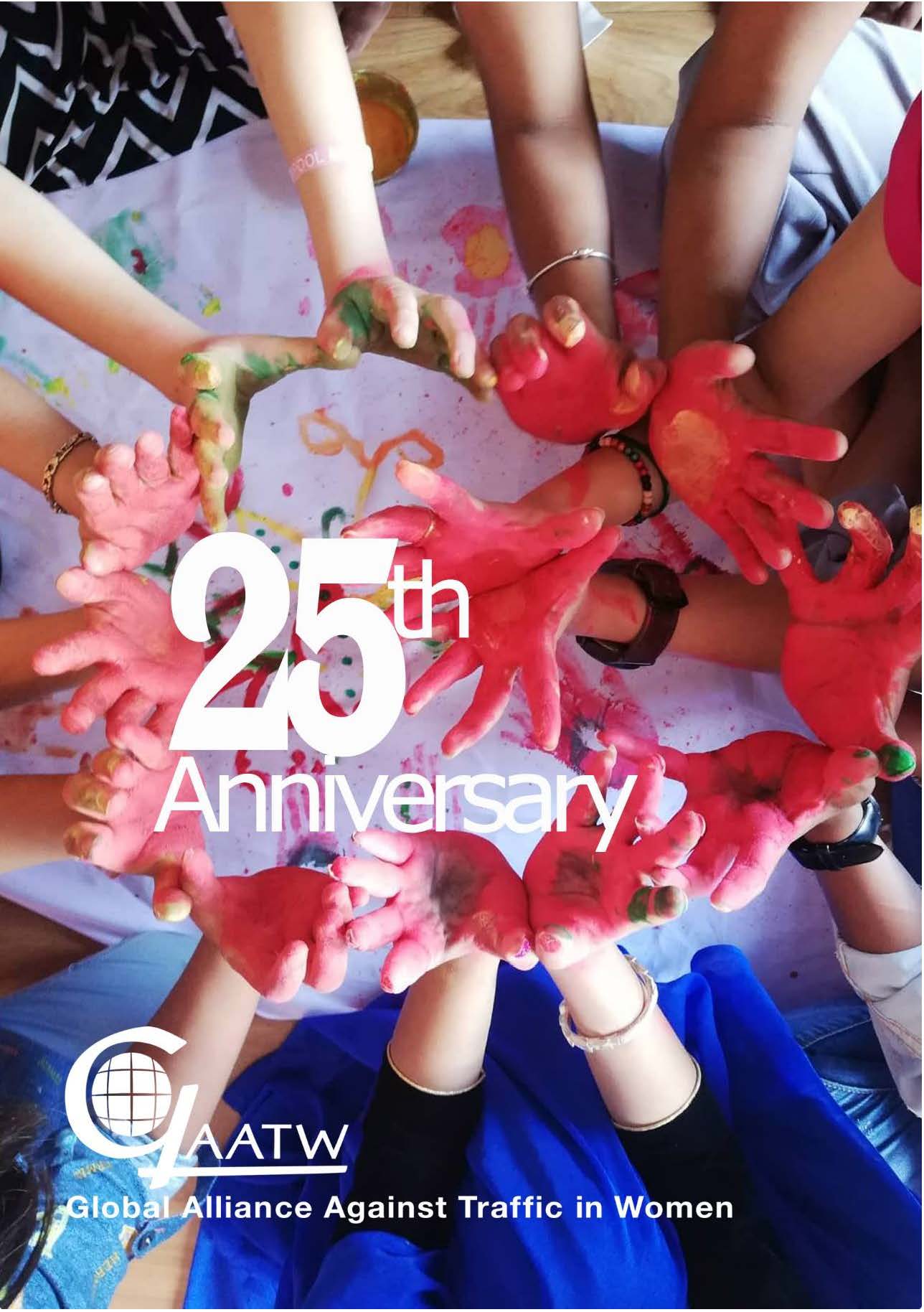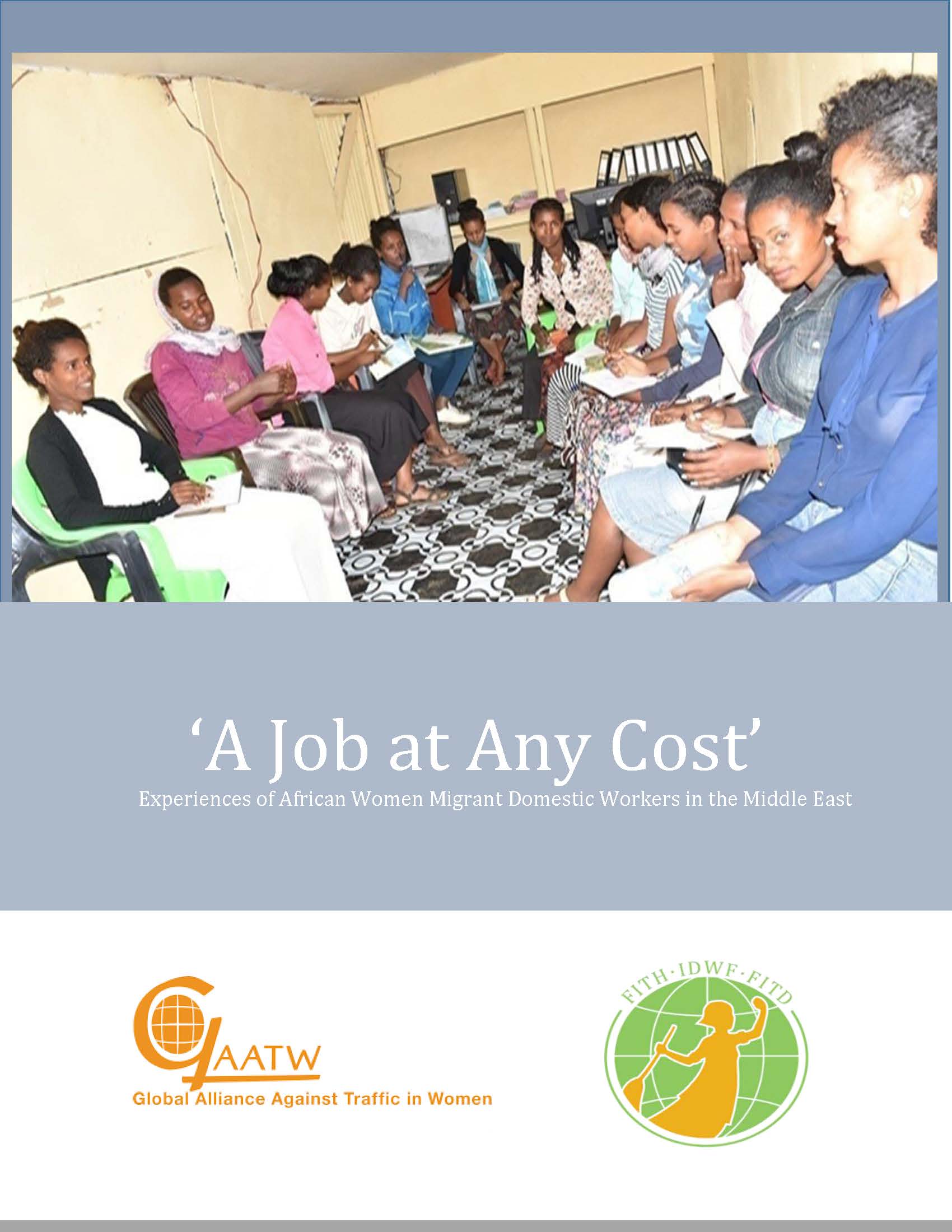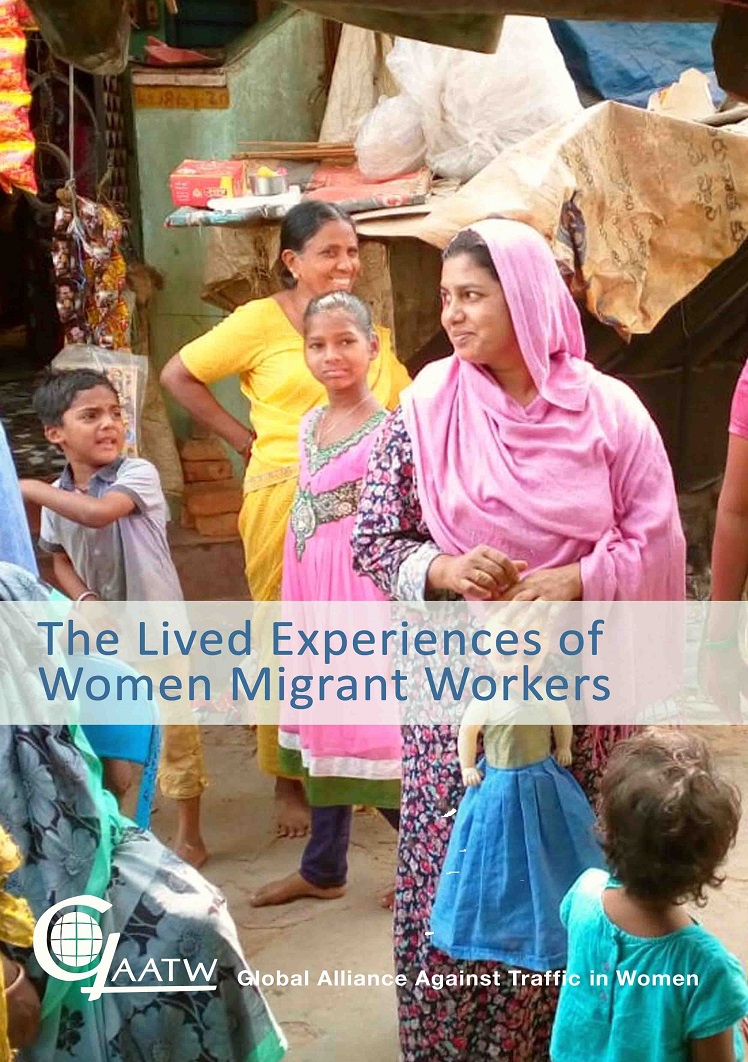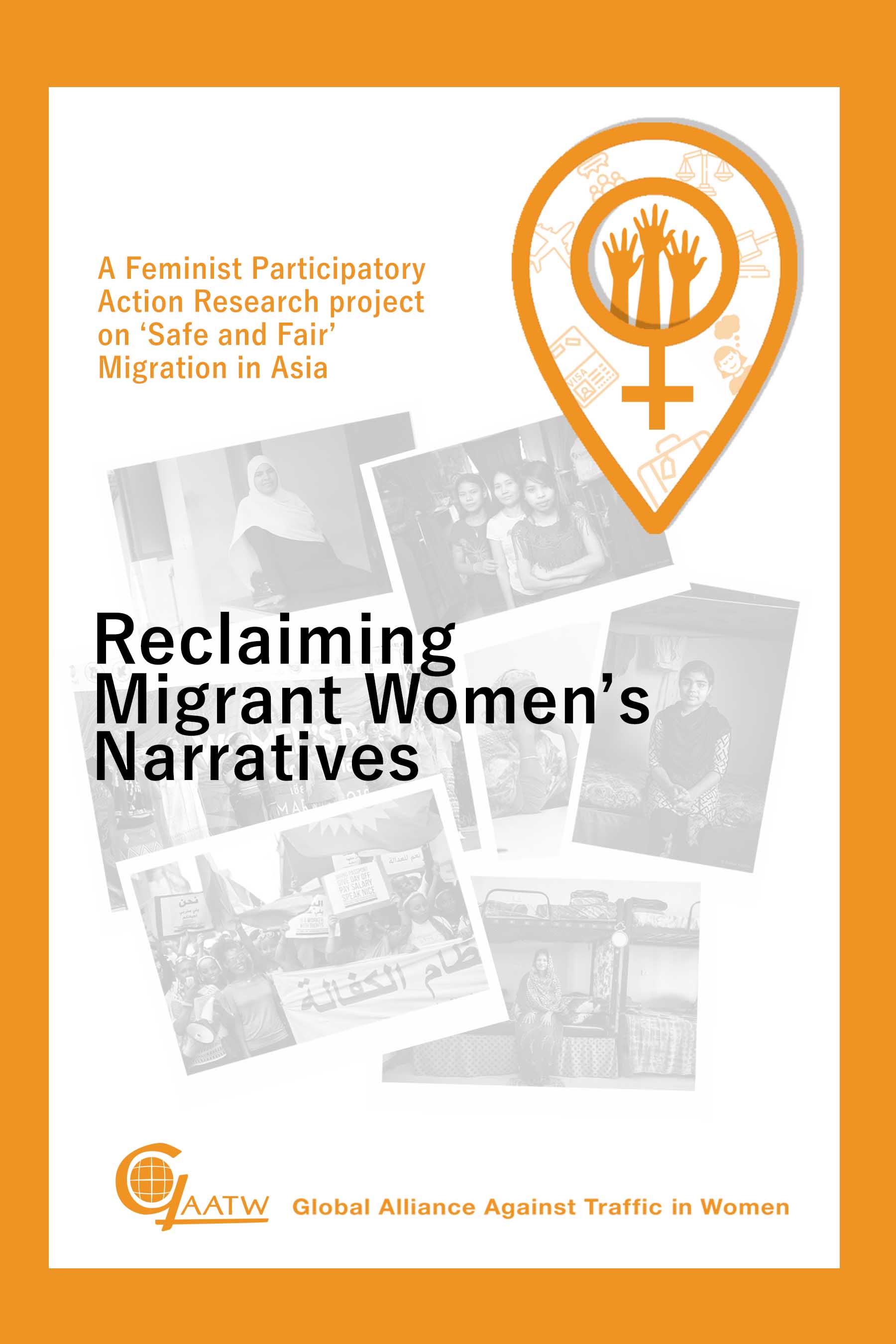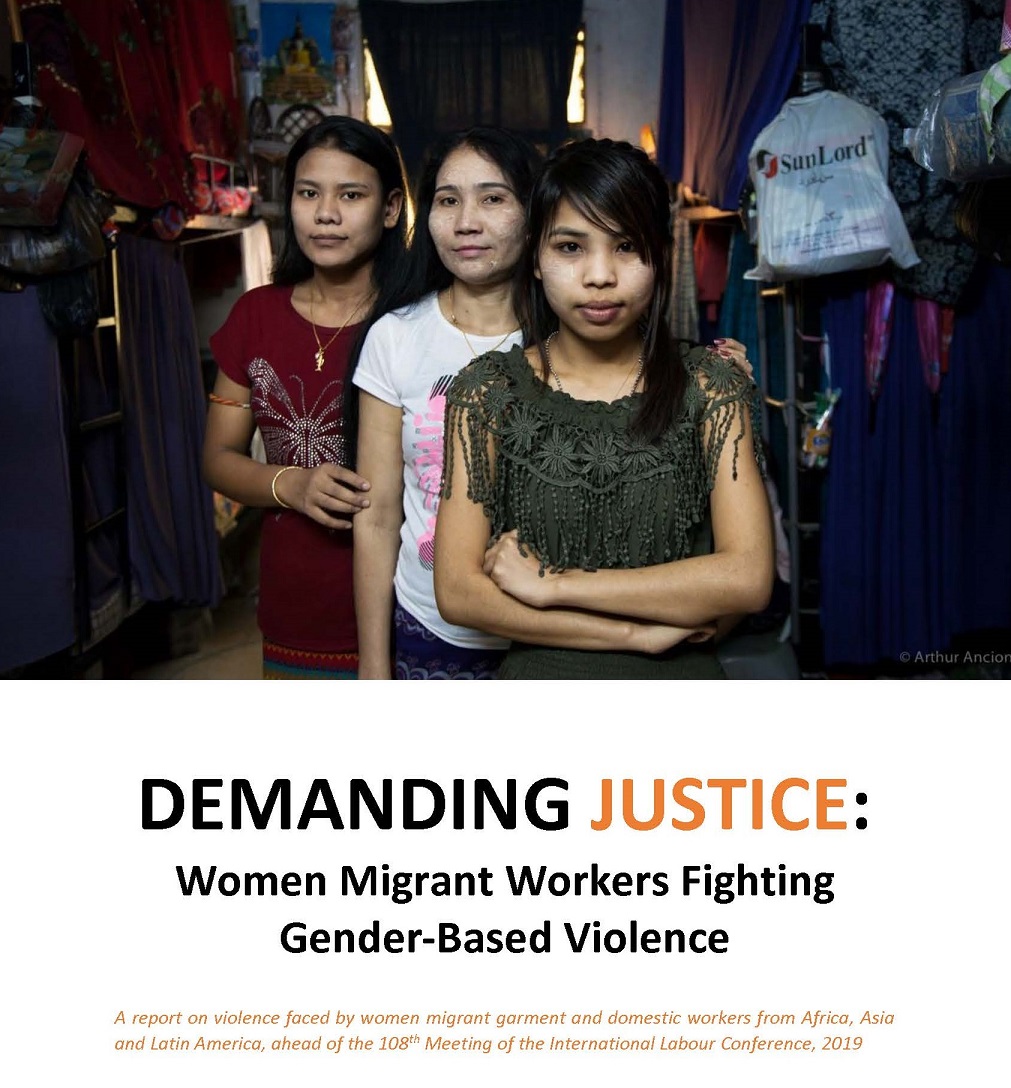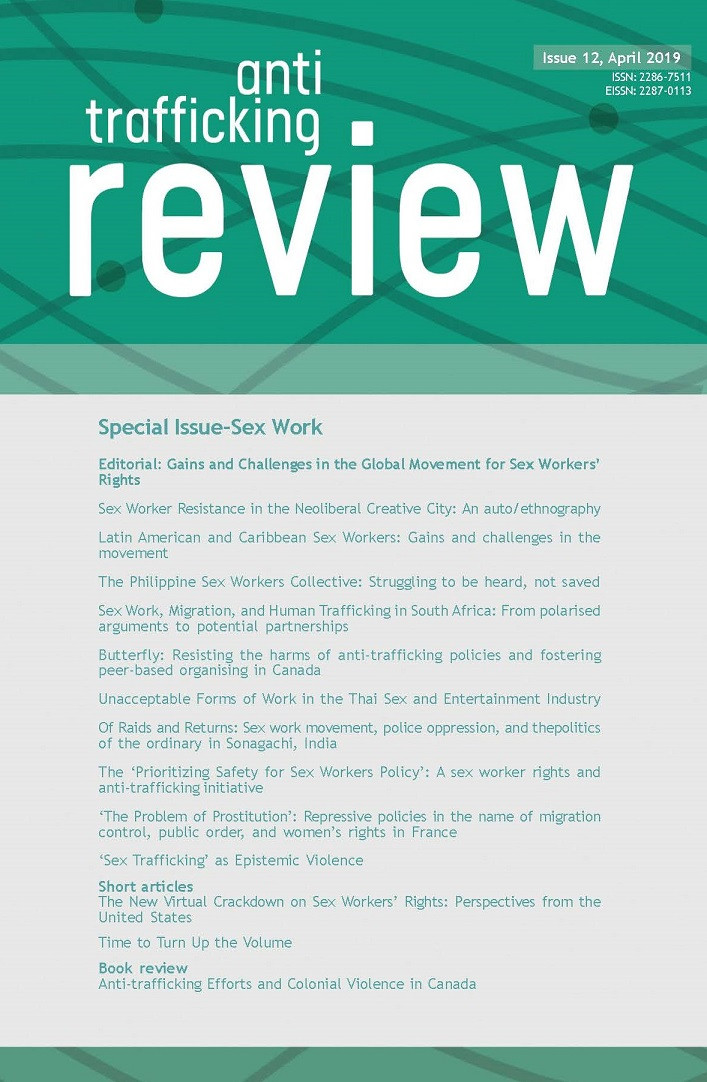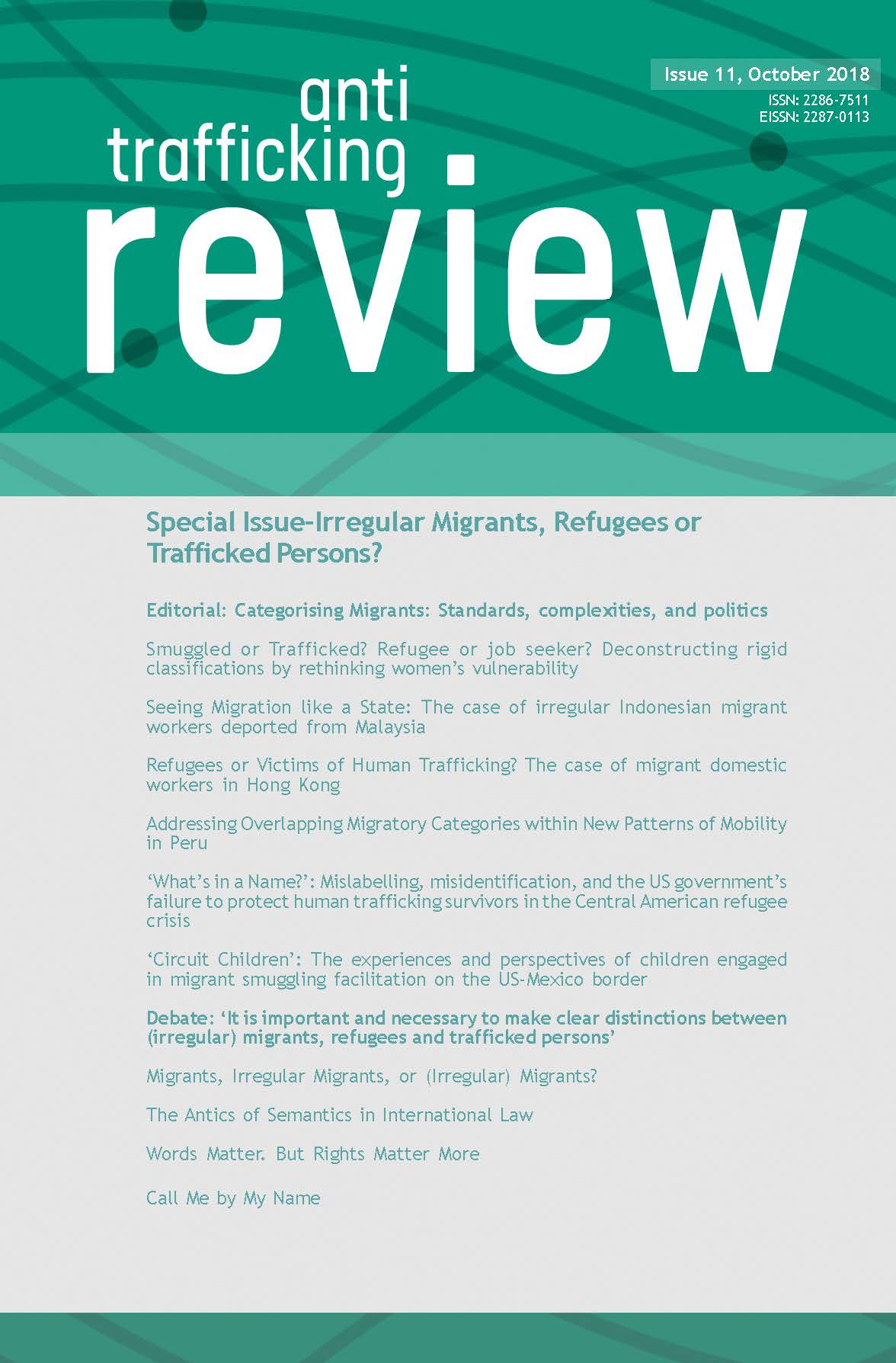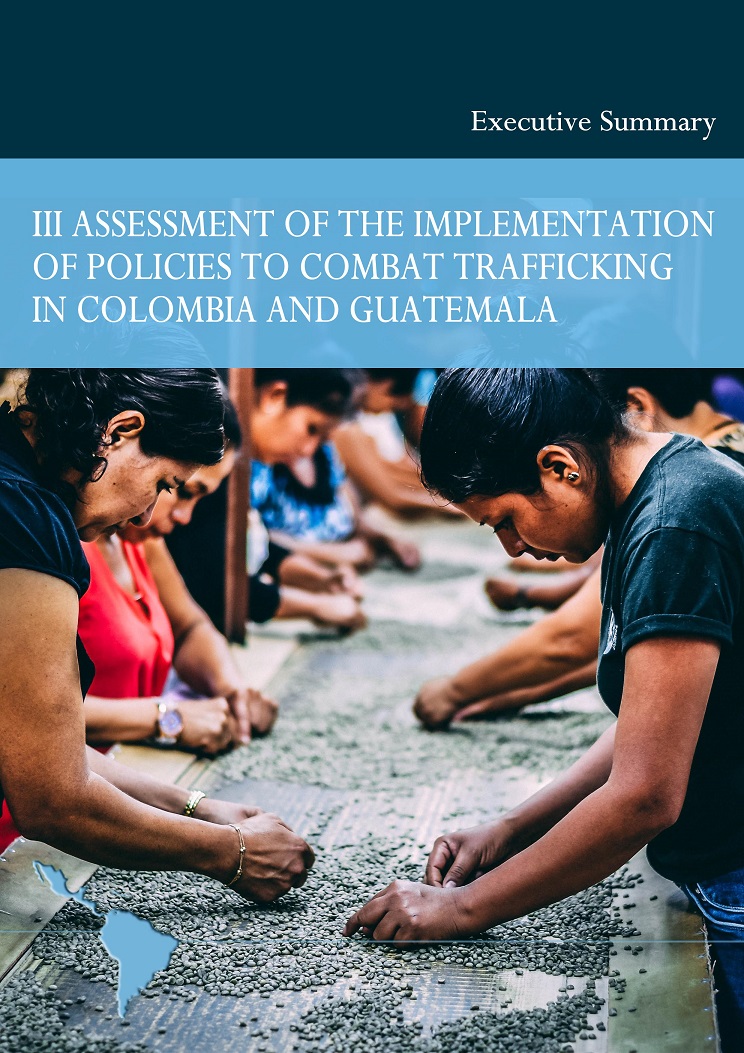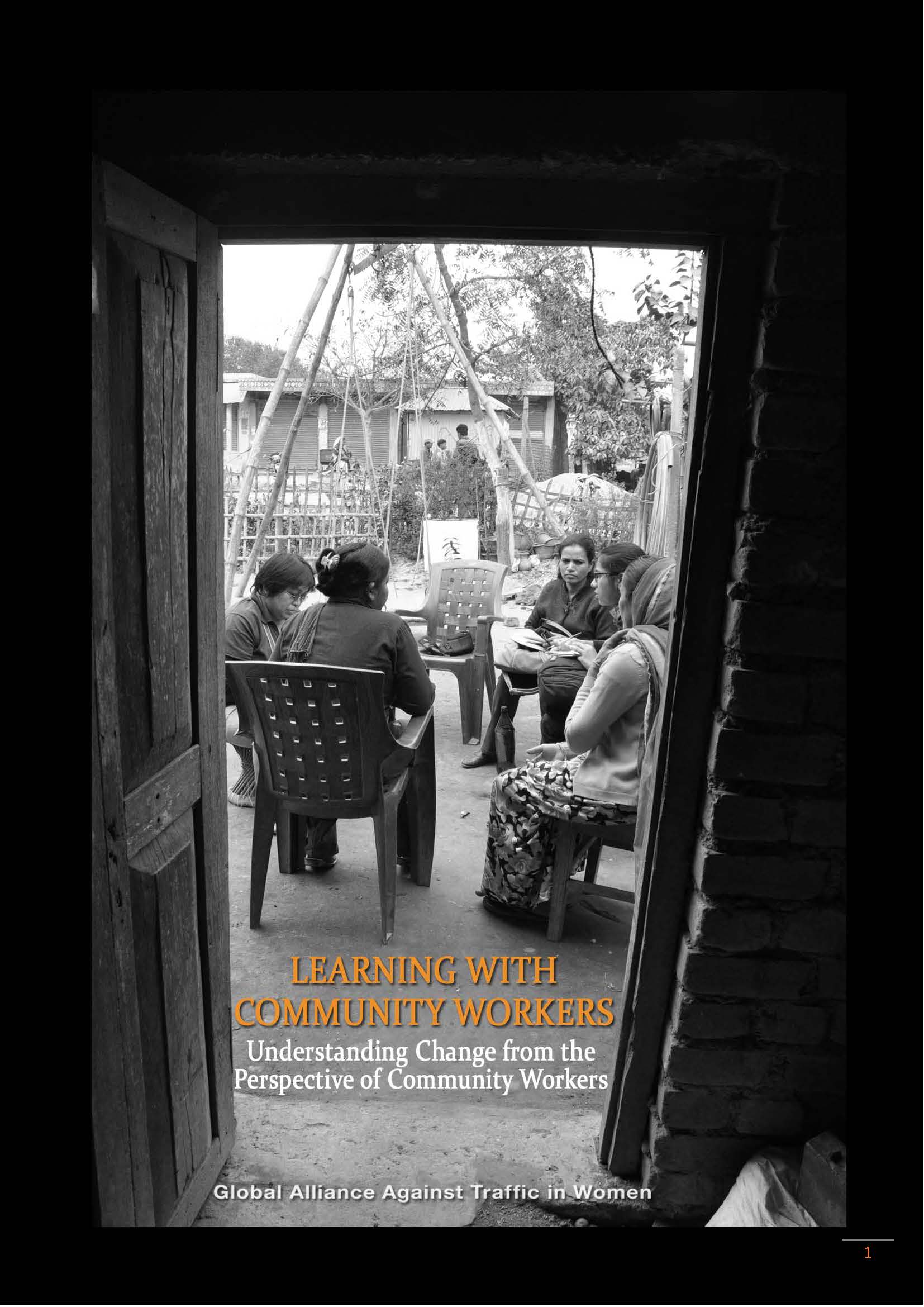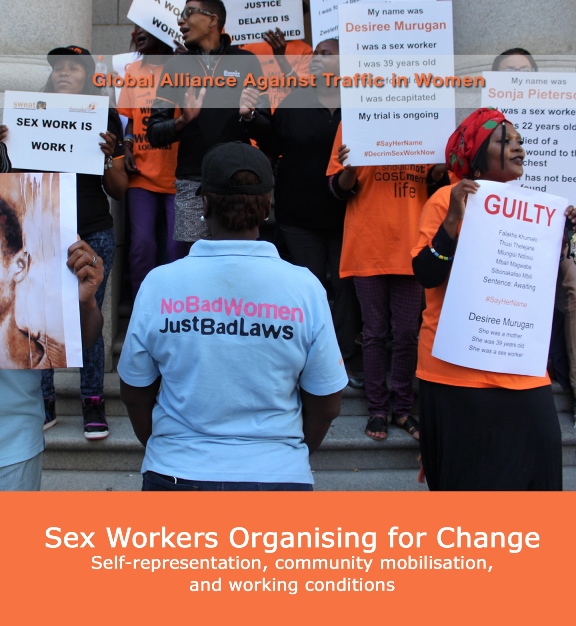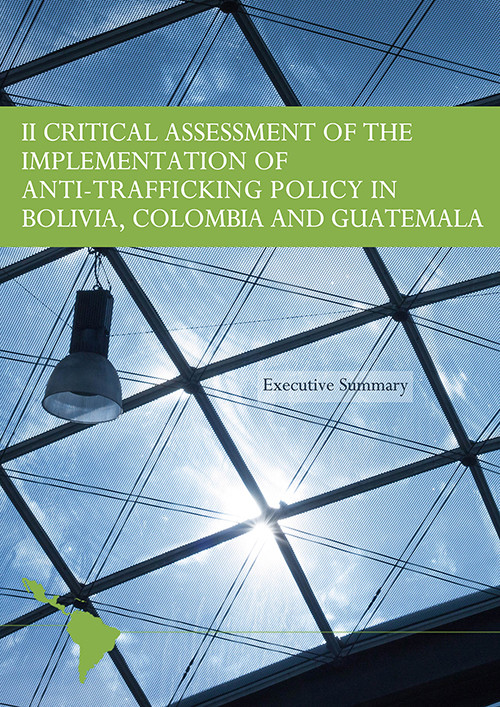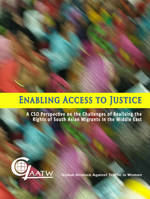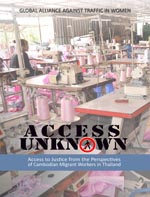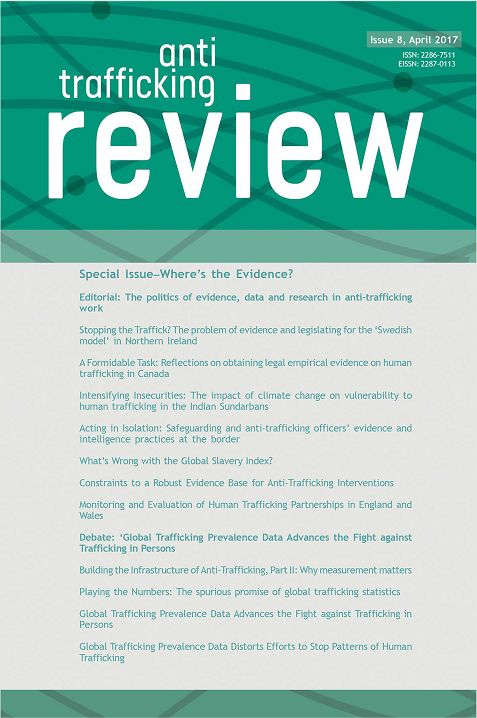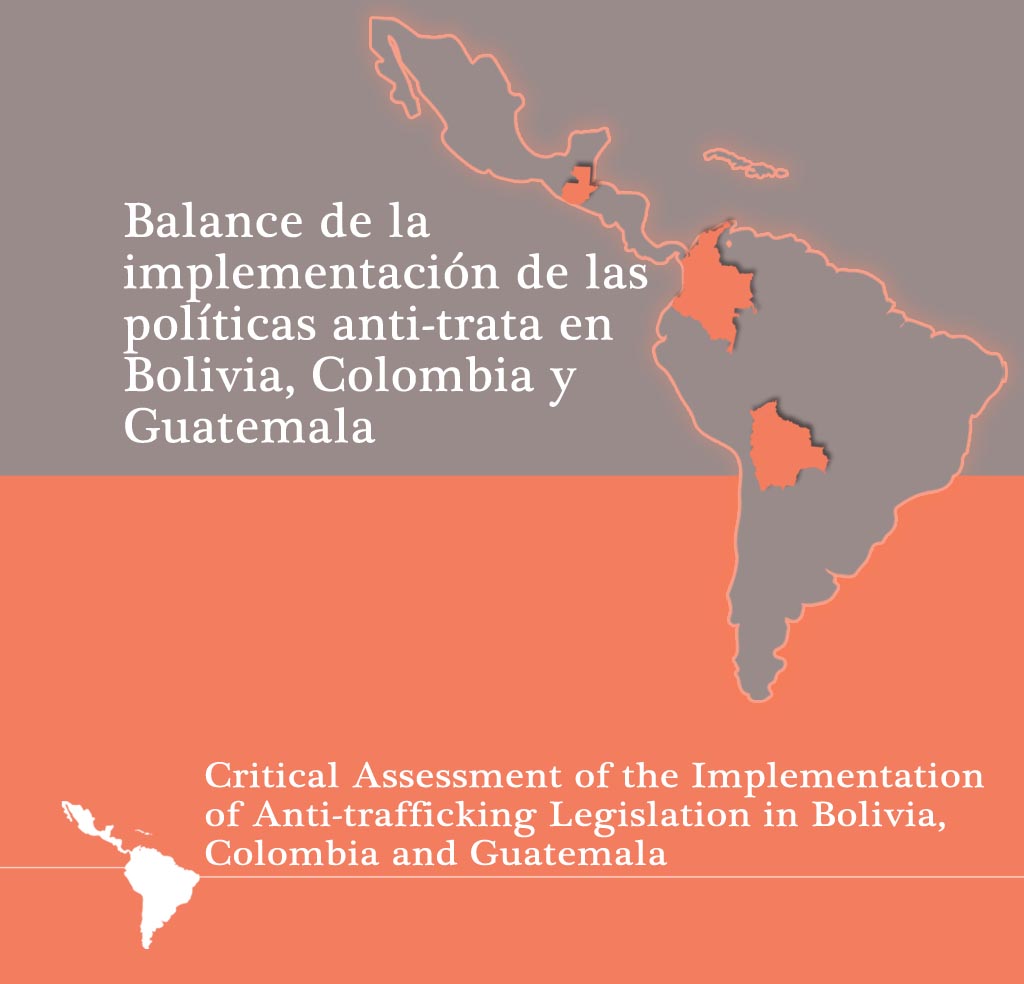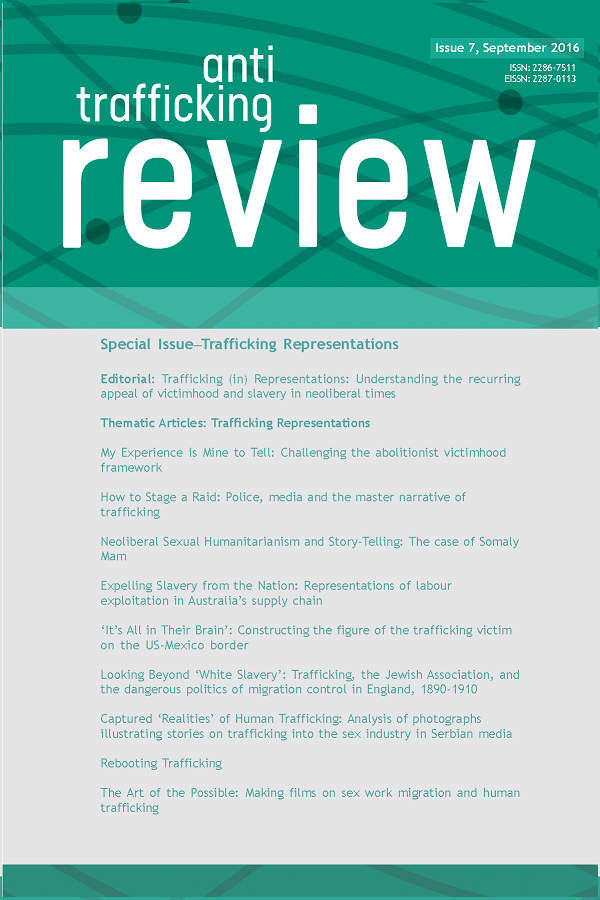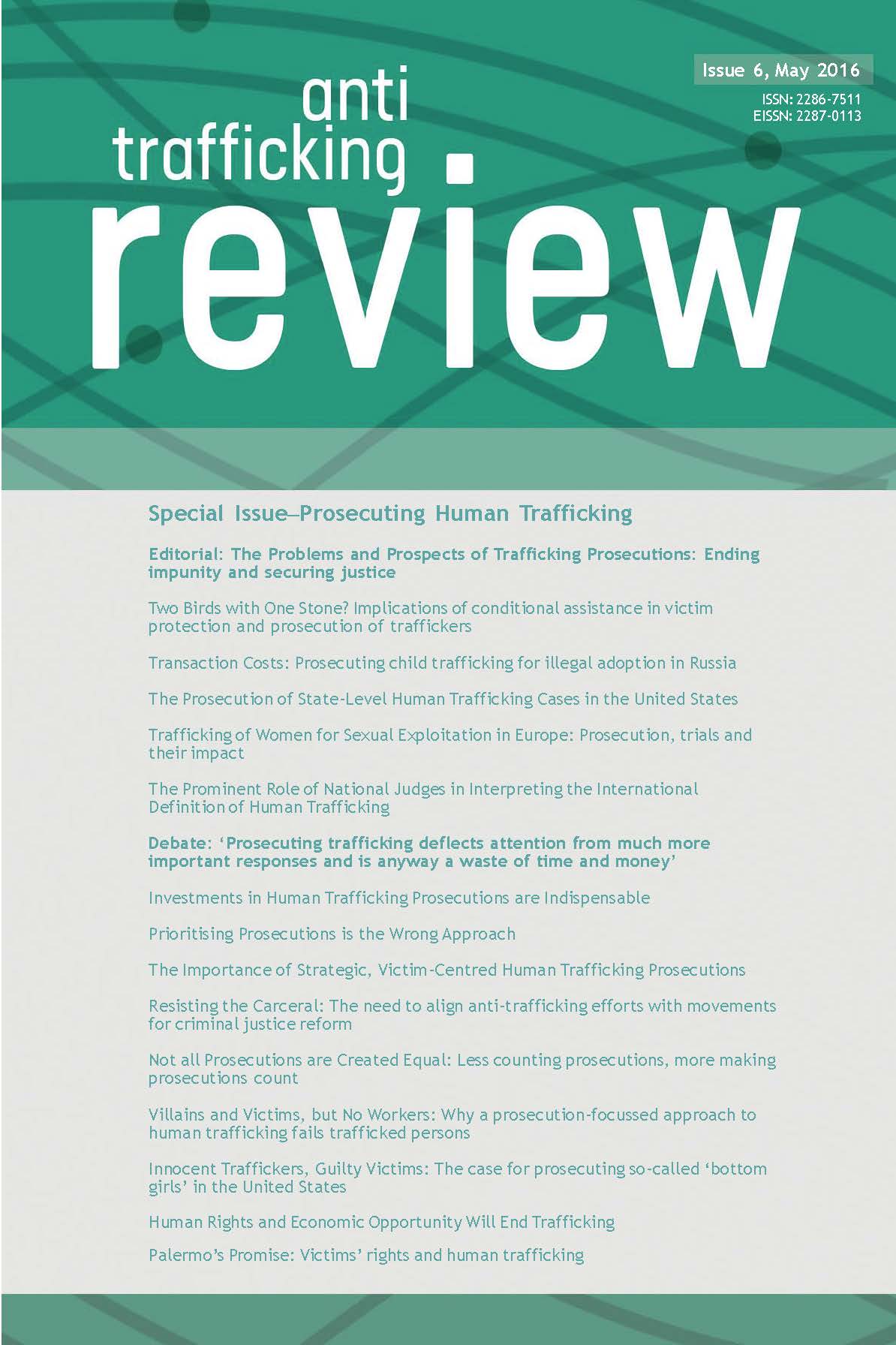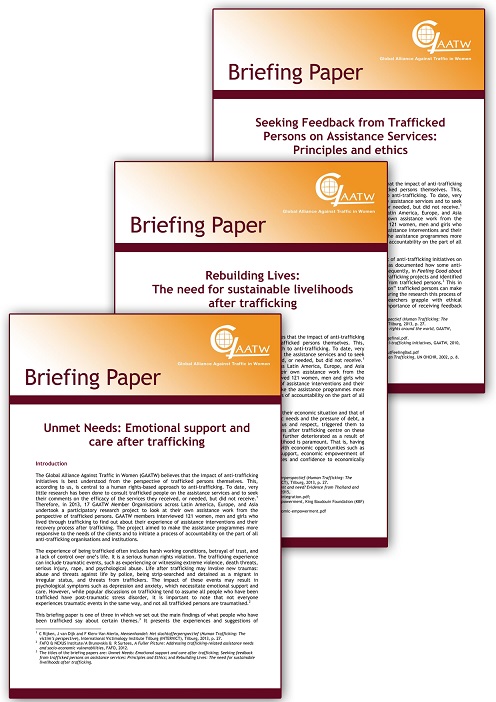GAATW goes audio with the ‘Migrant Rights, Migrant Realities’ podcast
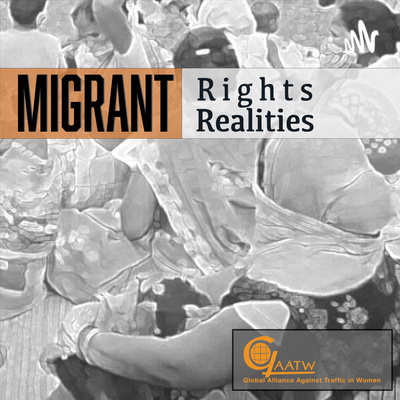 In October, we launched a new podcast titled Migrant Rights, Migrant Realities, which gives listeners undivided access to experts and human rights advocates working on labour migration issues. The podcast covers a number of topics related to socioeconomic aspects of women’s paid and unpaid labour in Bangladesh, India, Nepal, and Sri Lanka and migration to the Middle East.
In October, we launched a new podcast titled Migrant Rights, Migrant Realities, which gives listeners undivided access to experts and human rights advocates working on labour migration issues. The podcast covers a number of topics related to socioeconomic aspects of women’s paid and unpaid labour in Bangladesh, India, Nepal, and Sri Lanka and migration to the Middle East.
In the episodes Indian women’s migration: Journeys of social stigma and discrimination and The public and private power of women migrants from India, Dr Praveena Kodoth of the Centre for Development Studies (CDS) gives examples on how family, community, and the state disempower migrant domestic workers through social norms and policies (or lack thereof). In When Sri Lankan women migrant workers face social welfare deficits at home and abroad, Dr Bilesha Weeraratne of the Institute of Policy Studies of Sri Lanka (IPS) shares data that illustrate a longstanding irony in women’s labour migration: they balance care deficits abroad and contribute huge amounts of remittances at home, but their social protection is given least priority on both counts.
The podcast also turns a critical eye on structural inequalities that recent discourses on ‘return’, ‘reintegration’, or ‘social inclusion’ tend to dilute. Shristi Kolakshyapati, from the Women's Rehabilitation Centre (WOREC), Nepal, questions the emphasis on family reunification for returnee migrant workers. In A journey full of "no's": Migration of Nepali women workers, she laments that a focus on ‘return and reintegration’ veers away from the lack of decent work opportunities in Nepal and the scenarios of discrimination that are, ultimately, the push factors to women’s labour migration.
But what would inclusive and equitable working conditions for women migrant workers look like? Throughout the eight episodes of Migrant Rights, Migrant Realities, host Namrata Daniel of GAATW asks guests for recommendations on labour and migration policies, memoranda of understanding, and bilateral agreements. In The "earning less but contributing more" trap experienced by women migrants from Bangladesh, Shakirul Islam of Ovibashi Karmi Unnayan Programme (OKUP), Bangladesh, calls for portability of the migrant workers’ social security and provident fund. He also suggested schemes that encourage migrants to save and invest.
From on-the-ground information to national-level insights, the podcast also shares with listeners a broader analysis of labour migration in South Asia. In three episodes, Igor Bosc of the International Labour Organization talks about patterns of migration and employment in the region, its processes of exclusions and expulsions, and the disempowering interplay of these patterns and processes on women migrant workers’ rights. These episodes are: Women migrant workers' position in the labour market, Is "inclusive" just another buzzword?, and Structurally unequal: When migrant workers contribute but have little or no benefit from social security schemes.
Given the macro and micro approach of Migrant Rights, Migrant Realities, podcast listeners will gain a deeper understanding of the intersections of gender, labour, and migration in South Asia. It invites listeners to imagine what kind of inclusive and binding policies can ensure migrant workers’ access to social security, welfare, and other resources and services.
All episodes of Migrant Rights, Migrant Realities are available on Anchor, Apple Podcasts, Castbox, Google Podcasts, Spotify, and Stitcher.



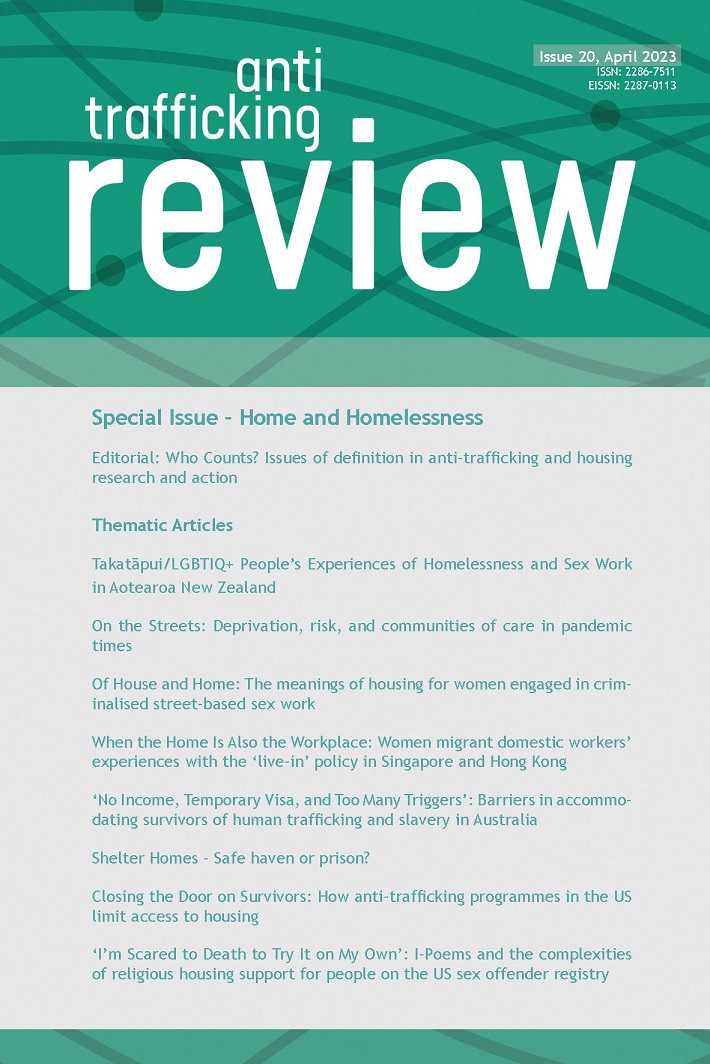
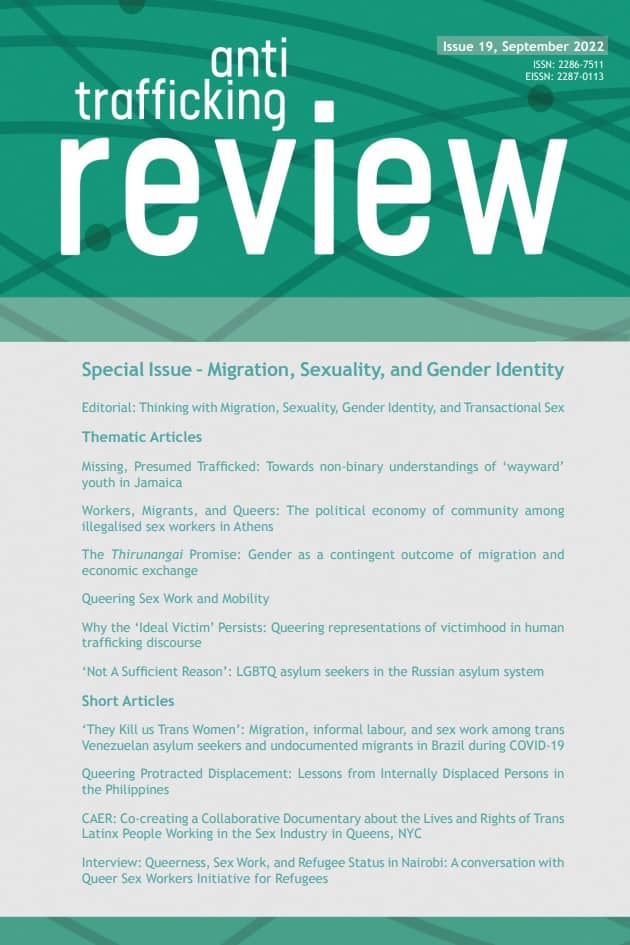
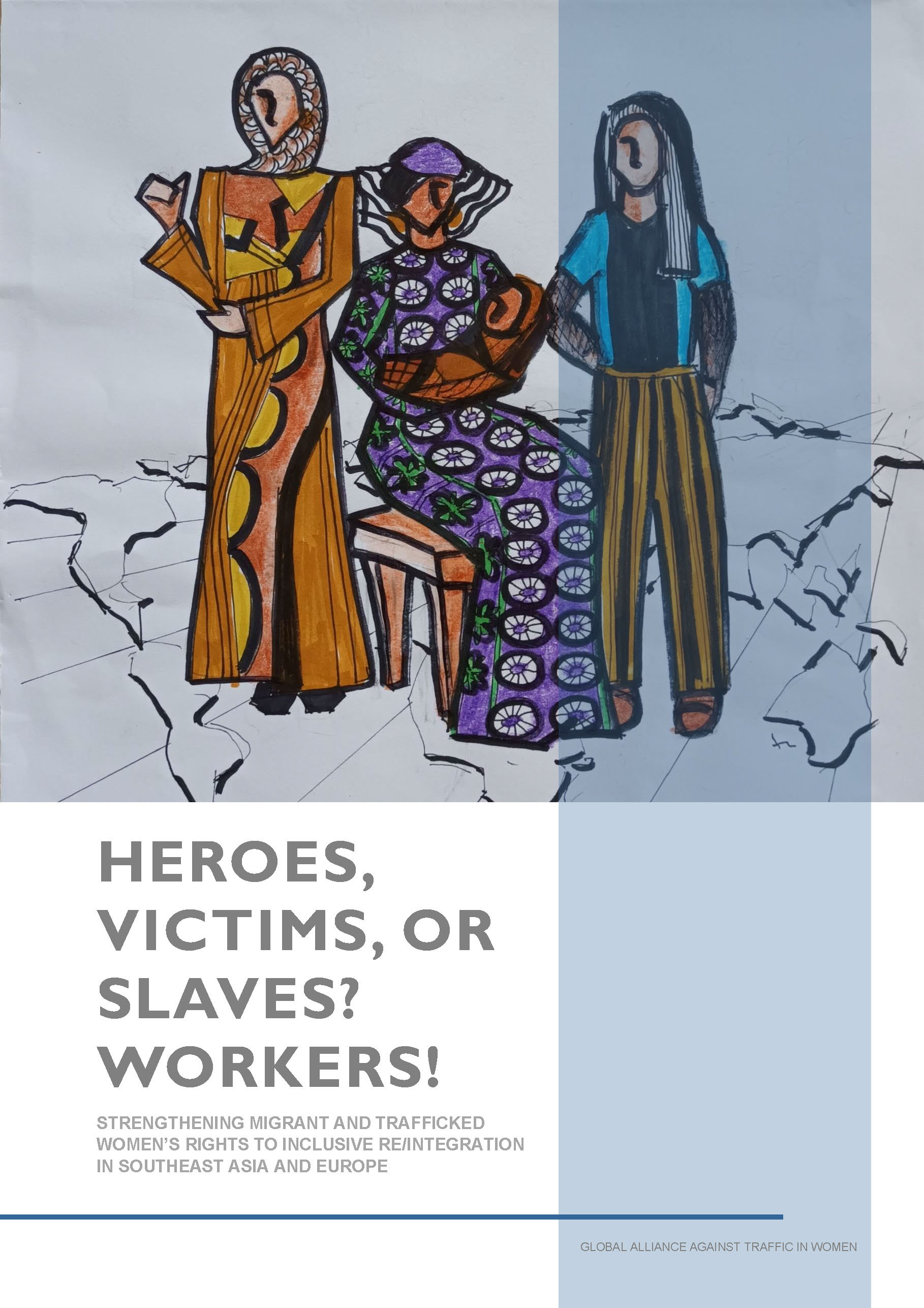
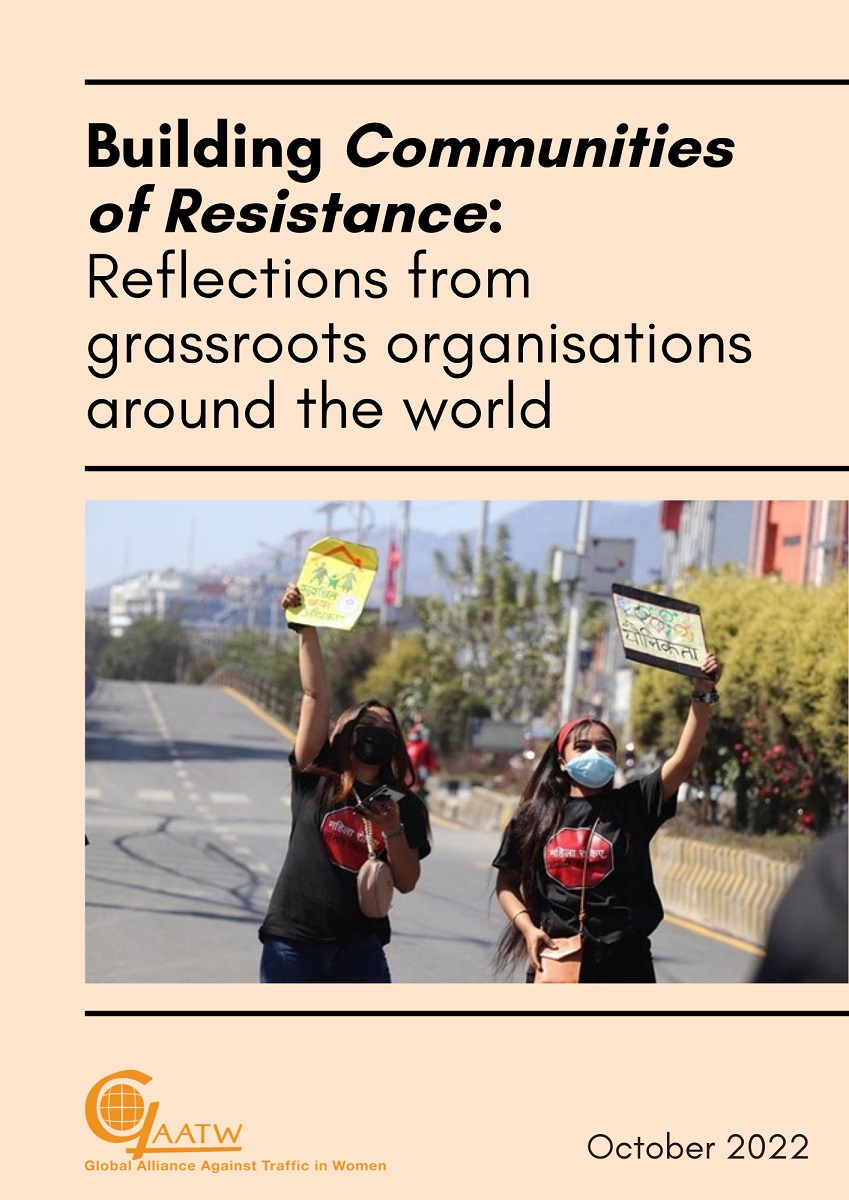
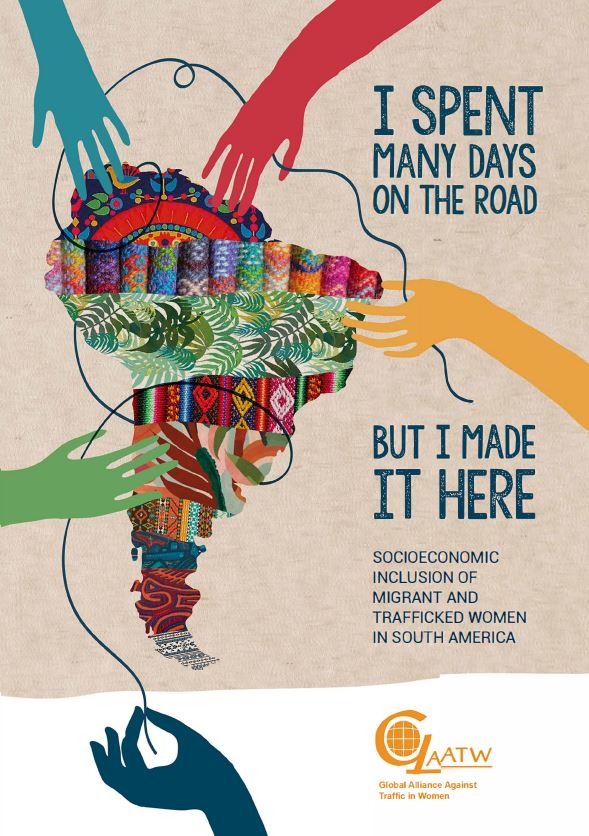
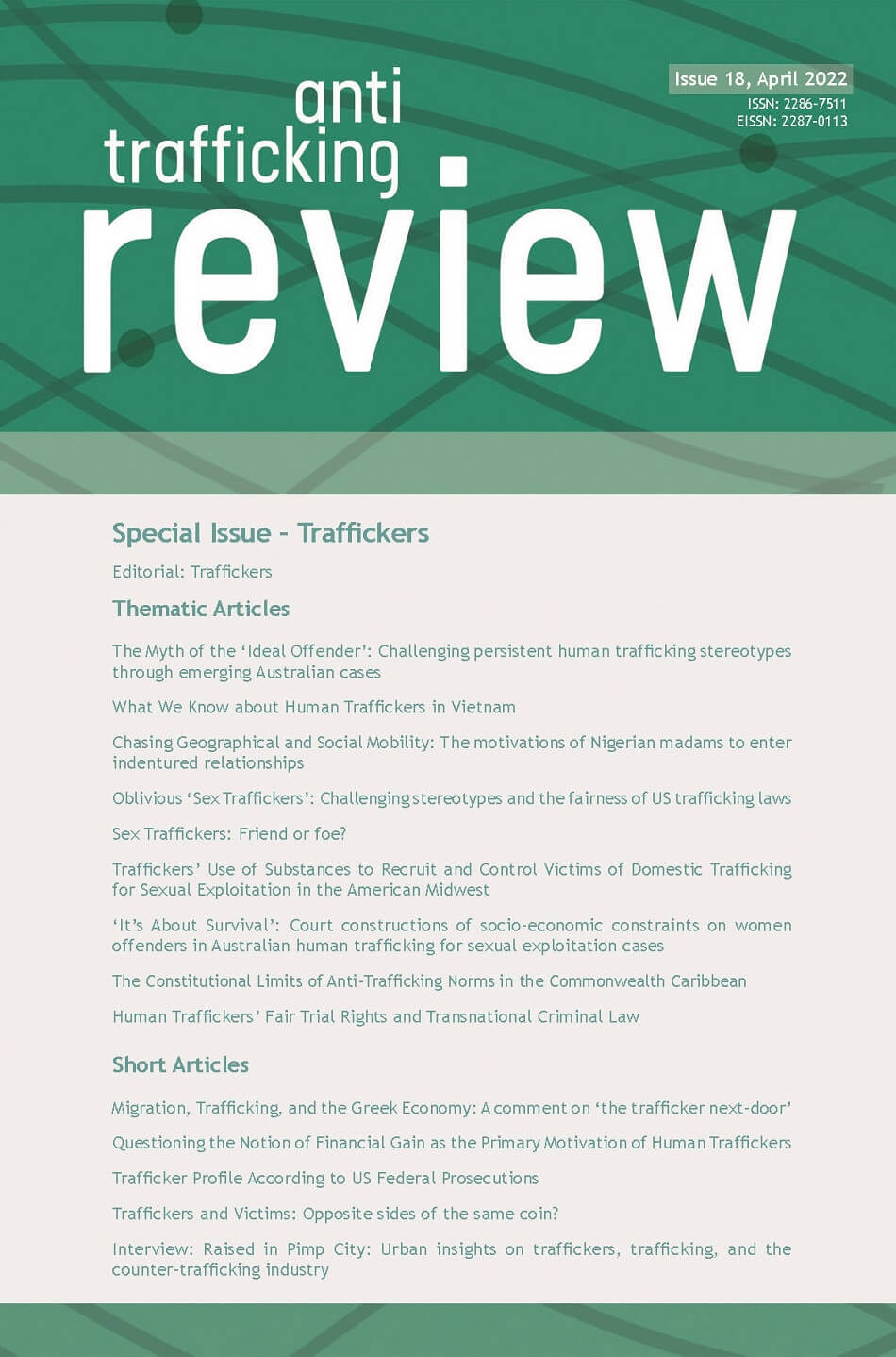
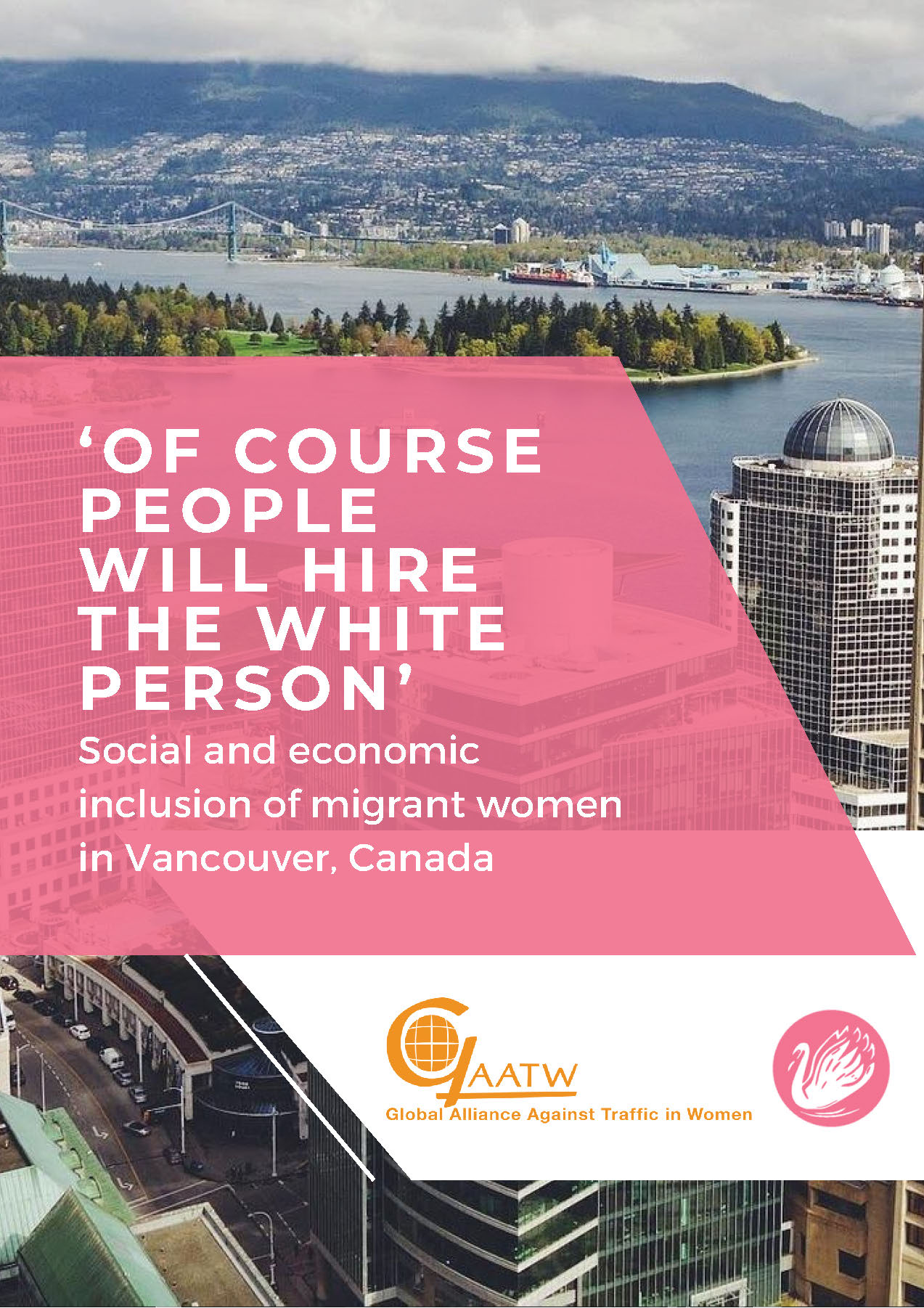
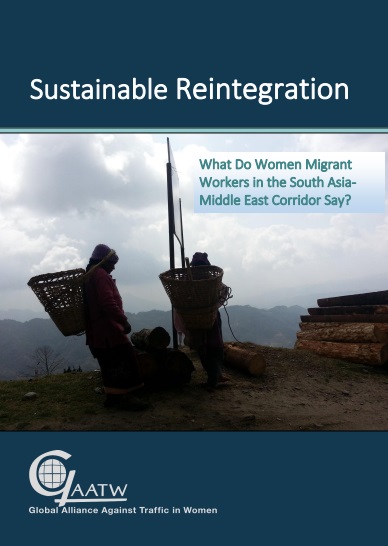
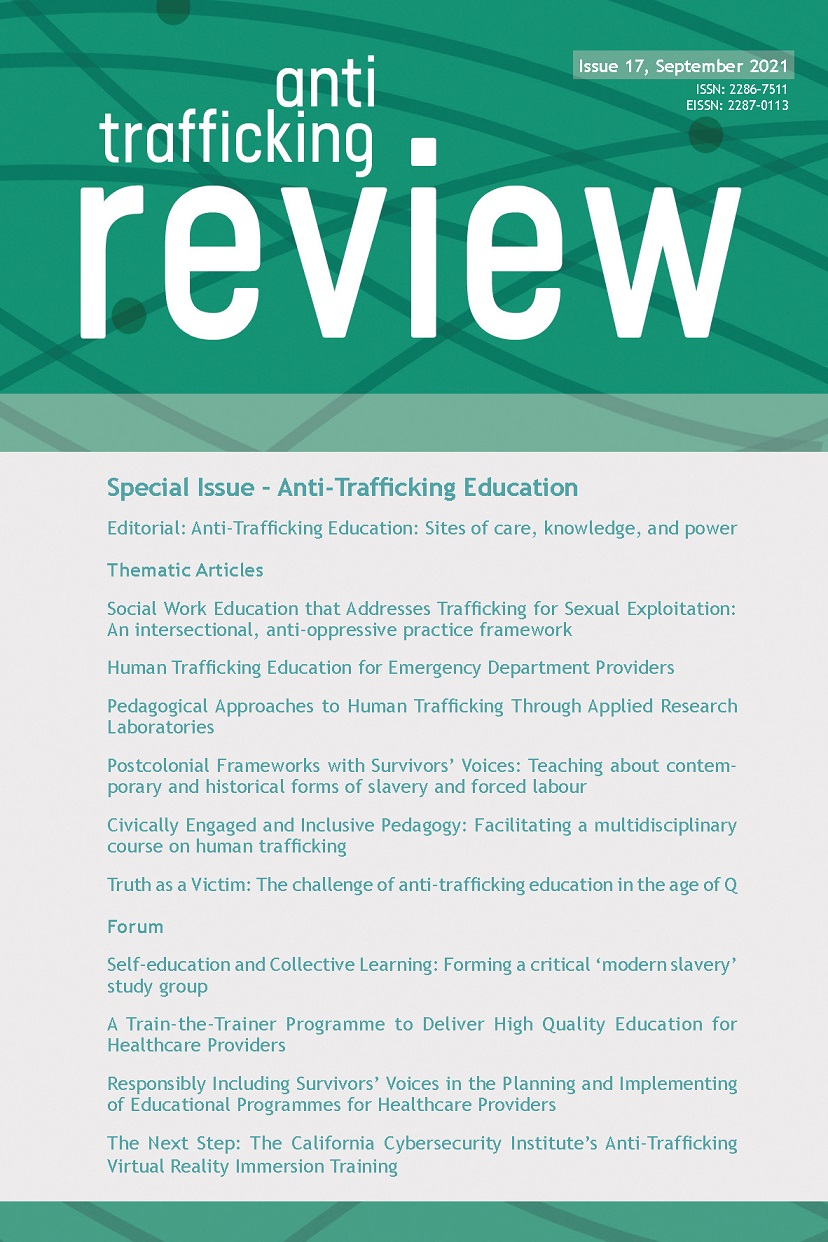
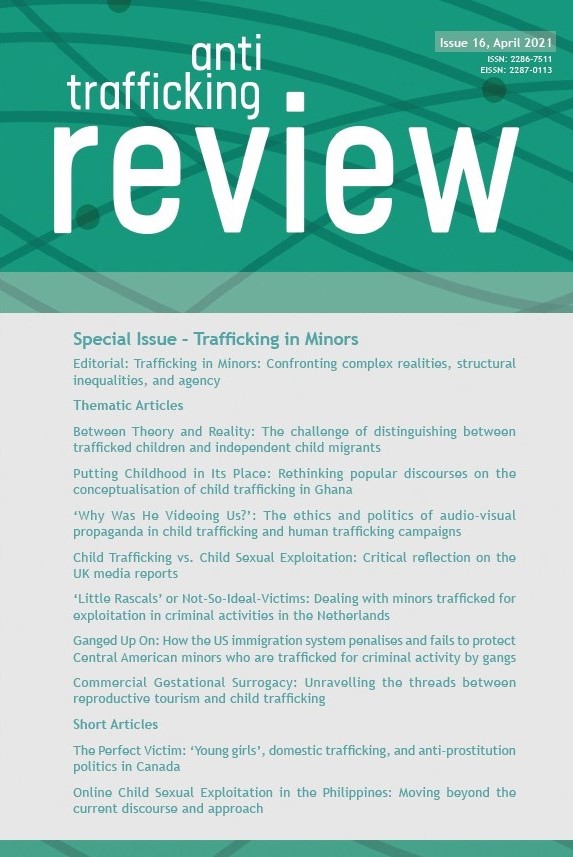
.pdf - Adobe Acrobat Pro 2_8_2021 4_36_32 PM.png)
